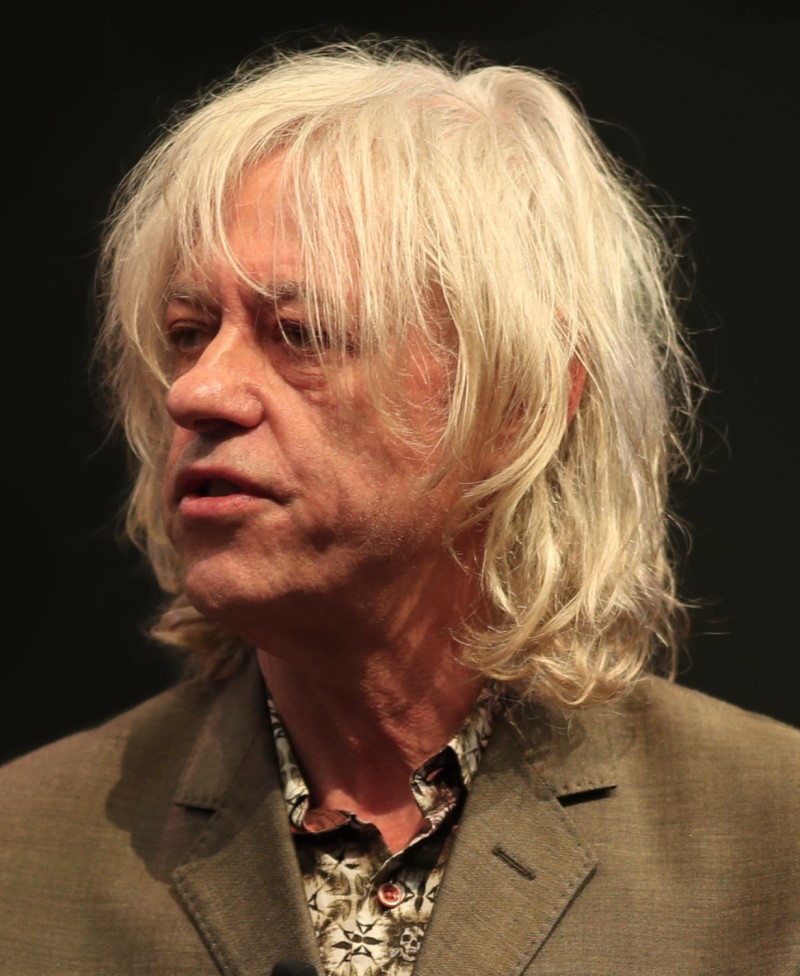
Introduction
Bob Geldof, an Irish musician, actor, and activist, is best known for his role in the music world and his significant contributions to humanitarian causes. His passionate advocacy for global issues, particularly famine relief in Africa, has cemented his status as a prominent public figure. As the world grapples with ongoing challenges such as climate change and poverty, Geldof’s work remains relevant, reminding us of the power of music combined with social activism.
Musical Career
Born in 1951 in Dublin, Ireland, Geldof first rose to fame as the lead singer of the band Boomtown Rats, which gained international acclaim with hits like “I Don’t Like Mondays” and “Rat Trap.” The band’s unique blend of punk rock and new wave resonated with audiences in the late 1970s and early 1980s. However, it was Geldof’s transition from music to activism that truly defined his legacy.
Activism and Live Aid
In 1984, Geldof was deeply moved by the famine crisis in Ethiopia and decided to take action. He organized the historic Live Aid concert in 1985, a global fundraising event that featured performances by some of the biggest names in music, including U2, David Bowie, and Madonna. The concert raised over $125 million, dramatically changing how humanitarian efforts could mobilize mass support and how the music industry could contribute to social causes.
Continued Advocacy
Following Live Aid, Geldof continued his humanitarian work, co-founding the organization Band Aid and advocating for various causes, including health, education, and AIDS awareness. He received numerous accolades for his efforts, including a knighthood in 1986 for his services to charity and several Grammy Awards for his contributions to music and humanitarian work.
Recent Developments
As of 2023, Geldof continues to be a vocal advocate for various causes, addressing critical issues such as climate change and poverty. He is often called upon to share his insights at forums and discussions around global challenges, emphasizing that the fight for social justice remains ongoing. His influence persists as younger generations of musicians and activists draw inspiration from his example.
Conclusion
Bob Geldof’s legacy as a musician and activist serves as a powerful reminder of the impact one individual can have on global issues. In a world where philanthropic efforts are crucial for addressing systemic issues, Geldof’s work underscores the importance of harnessing creative talents for social change. Moving forward, it will be interesting to see how his approach influences a new wave of activism within the music industry and beyond, proving that the urgency of social issues can indeed resonate through the universal language of music.



